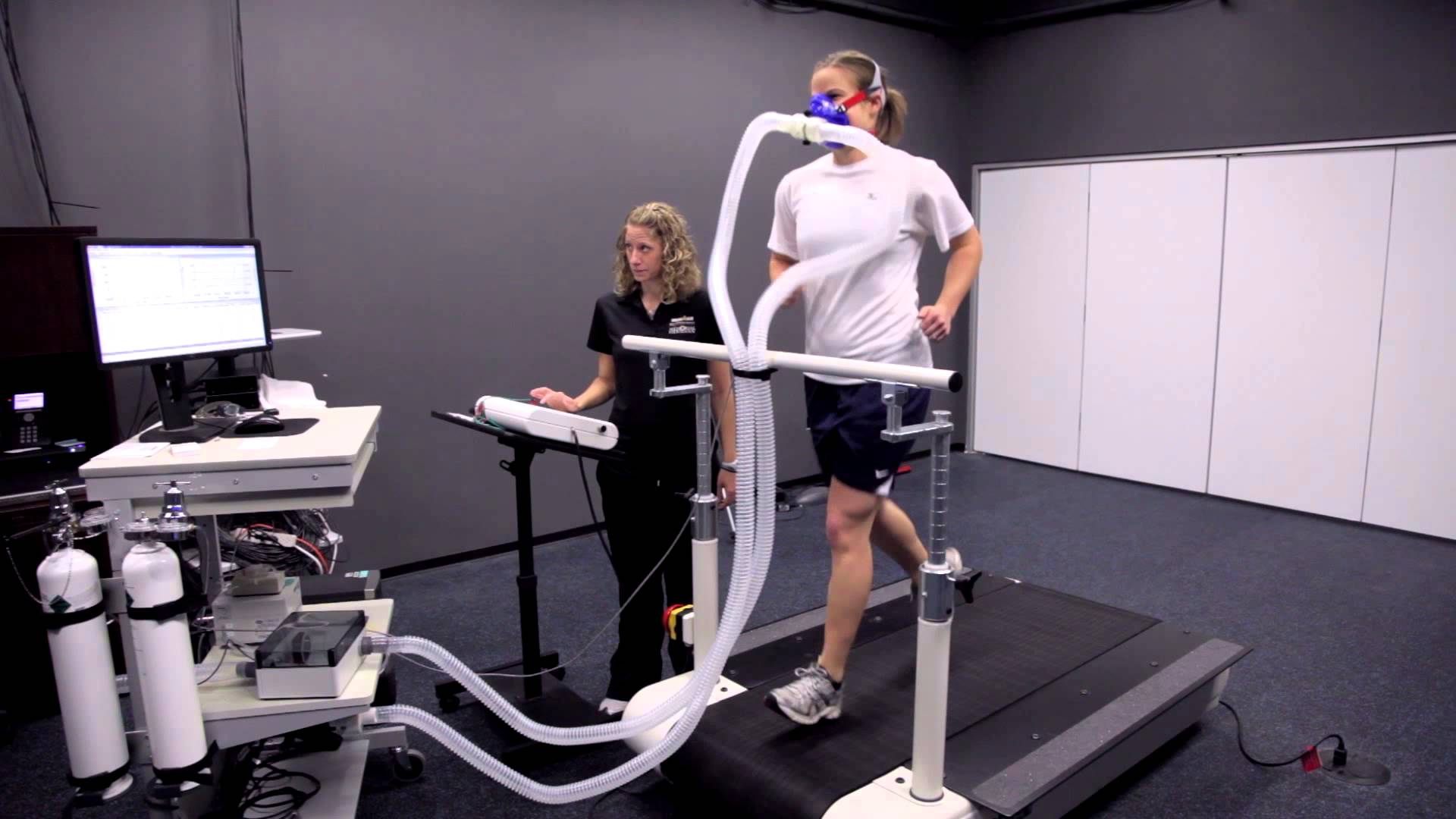The validity and reliability of tests is important in the assessment of skill and performance. Tests are often used to check performance improvements. These can include various fitness tests such as the T-run agility test, or the beep test. The validity and reliability of tests varies considerably, and should influence the weight of influence the test has on athletic performance.
Validity refers to the test’s ability to measure what it is supposed to measure. A beep-test is meant to test an athlete’s cardiovascular endurance. It is valid, because it gives an accurate prediction of an athletes VO2 max, though a VO2 max test, done in a laboratory would be a more valid test. Validity is about the strength of this relationship between the skill measured and the test. Test validity is enhanced if known good performers perform better than known bad performers, if it is reliable in predicting future performances and if the component being tested is included in the test.
Reliability refers to the test’s consistency, the ability of the scorer to produce the same result each time for the same performance. A shuttle run is a reliable agility test if the same tester produces the same result with the same athlete under the same conditions in succession. The use of similar equipment, checklists, procedures and conditions improves the reliability of the test. Tests that are both valid and reliable tend to be more objective and are the best tests used to measure performance.

